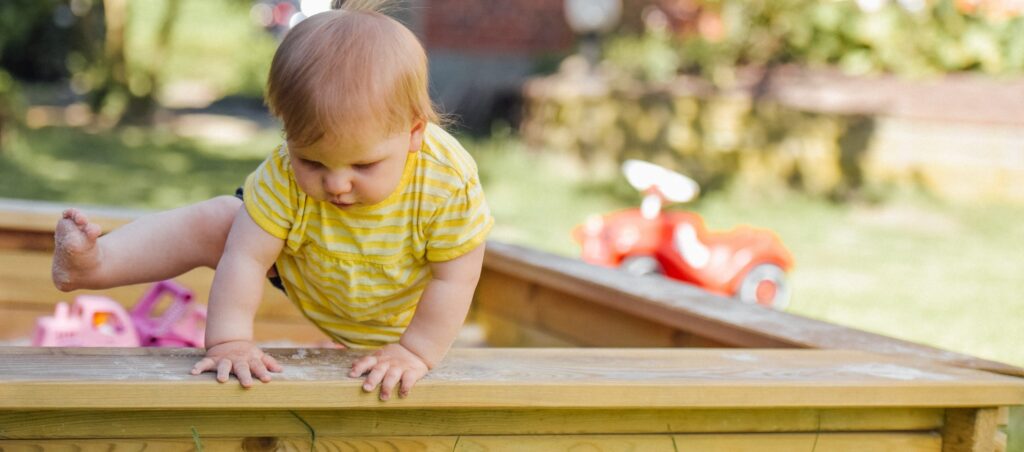Child development scholars Rubina Lal and Rakhee Chhabria, in their chapter “Early Intervention of Autism: A Case for the Floortime Approach,” conclude with the following advice to parents:
Early intervention is very important for enhancing the development of infants and toddlers with disabilities, and they are especially crucial in determining the future language, social and behavioral outcomes of very young children with ASD (Autism Spectrum Disorders). A primary consideration of programs for young children with ASD is to provide an environment that is designed to prevent problem behaviors, promote engagement and participation, and facilitate successful interactions with typically developing peers. Getting the child to engage with materials and activities may prevent challenging behavior occurrence and promote appropriate social behavior. Results of this research support the above findings. Floortime principles state that development begins with a shared world between the caregiver and the young child. The goal is to help the child with ASD emerge from its own world and enter this shared world in order to develop his or her functional and emotional capacities. Floortime achieves this by encouraging child to engage in age and level appropriate play activities with adults and later with peers. The outcomes indicate the effectiveness of Floor time as a method for early intervention of children with autism. The findings of the study may be useful for families who are in need of evidence based and suitable early intervention for children with ASD.
The outcomes indicate the effectiveness of Floortime as a method for early intervention of children with autism.
Rubina Lal and Rakhee Chhabria

